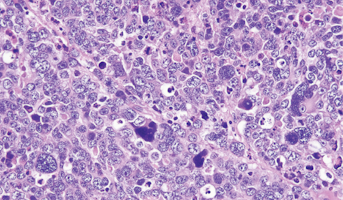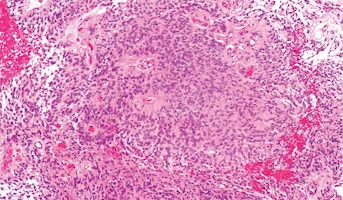Marcel Kool
D-69120 Heidelberg, Germany
Hopp Children's Cancer Center

About
Senior Researcher
Hopp Children's Cancer Center, Heidelberg
Preclinical model systems, high-throughput drug screens, shRNA screens, and CRISPR/Cas9 screens, to find new and better drug targets and for understanding tumor development and primary and acquired therapy-related resistance mechanisms

Hopp Children's Cancer Center
scientific
Projects

Data
Ongoing
Immunogenomic Landscape of Pediatric Cancers
The study of a tumor’s immune repertoire includes an analysis of T cell receptors and B cell receptors that allow an immune system to adapt to changes and launch an immune system response. Using the Pediatric Brain Tumor Atlas, researchers will study the immune repertoire across tumor types which could lead to new immunotherapies.
All Brain Tumor Types

Trevor Pugh

Data
Ongoing
Splicing Analysis in Ependymoma
Ependymoma is a pediatric brain tumor with many subtypes, each requiring different treatment protocols. Through interrogation of the Pediatric Brain Tumor Atlas, researchers are looking for drivers in ependymoma subtypes that could guide the development of targeted therapies.
Ependymoma

Marcel Kool

Specimen
Planning
Use of Ependymoma Cell Lines to Test for New Therapeutic Vulnerabilities
Ependymoma is an aggressive disease in children and currently available therapies are insufficient in treatment. Using ependymoma cell lines provided by CBTN, researchers seek to validate recent studies that may guide emerging therapies.
Ependymoma

Marcel Kool
research
Interests

Medulloblastoma
Medulloblastomas comprises the vast majority of pediatric embryonal tumors and by definition arise in the posterior fossa, where they constitute approximately 40% of all posterior fossa tumors. Other forms of embryonal tumors each make up 2% or less of all childhood brain tumors.The clinical feature

Ependymoma
Ependymomas arise from ependymal cells that line the ventricles and passageways in the brain and the center of the spinal cord. Ependymal cells produce cerebrospinal fluid (CSF). These tumors are classified as supratentorial or infratentorial. In children, most ependymomas are infratentorial tumors